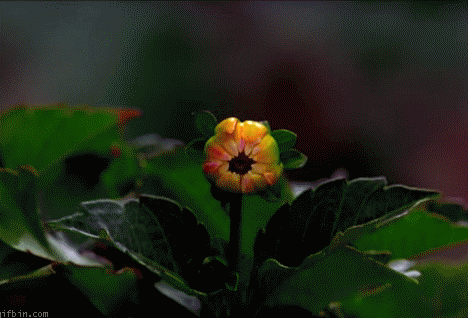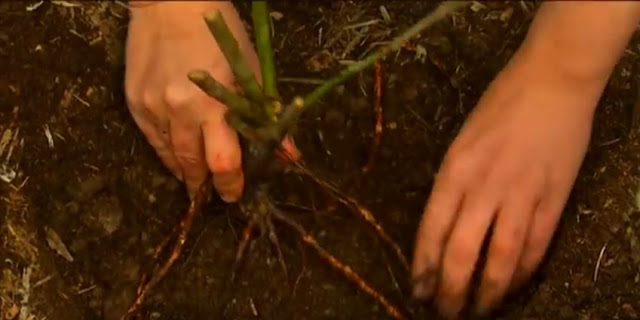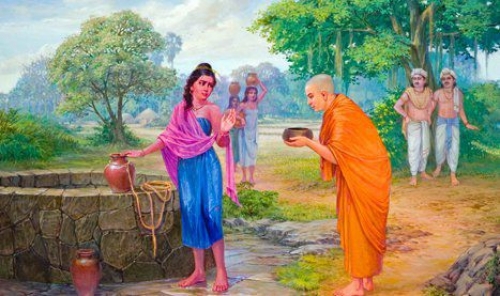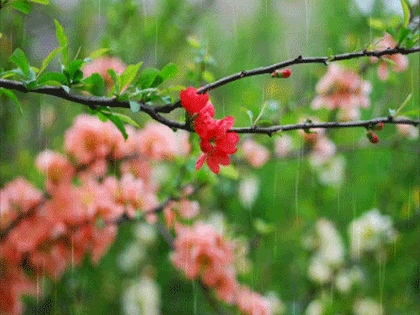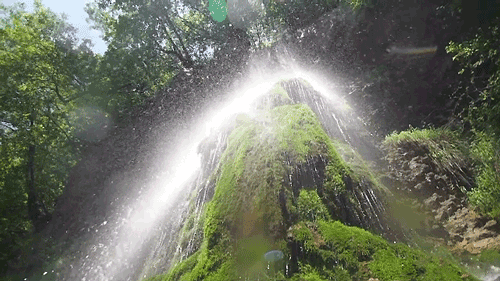 |
| Kiri walks around his enclosure at Kampot’s Teuk Chhou Zoo in 2012. The zoo’s director, Nhim Vanda, is planning to exchange Kiri and one other elephant for animals from a Japanese zoo early next year. Vireak Mai |
Charles Parkinson and Phak Seangly
The Phnom Penh Post, Thu, 27 August 2015
Two elephants living at Kampot province’s notoriously grim Teuk Chhou Zoo are set to be swapped for endangered species with a zoo in Japan, despite deep concern among experts over the suitability of the trade.
Teuk Chhou owner Nhim Vanda yesterday said elephants Kiri and Seila would be exchanged for two white tigers and two zebras, with the deal set to go through early next year.
“I also asked for an additional two gorillas,” he added. “They will be placed at my zoo to look different.”
White tigers are a sub-species of Bengal tigers, which are listed as “endangered” on the IUCN Red List of Threatened Species, while gorillas are listed as “critically endangered”.
According to Vanda, who is an elected National Assembly member for the ruling Cambodian People’s Party and serves as first vice president of the Committee for Disaster Management, Prime Minister Hun Sen signed off on the deal in early 2015.
Agriculture Ministry spokesman Eang Sophalleth confirmed he had seen a copy of the decision by the government accepting the trade of the elephants.
“The government would not make such a decision without a proper assessment,” he said.
Vanda said he has visited the as-yet unnamed zoo in Kagoshima prefecture, a province in the southern tip of Japan’s most southwesterly main island, Kyushu, and recently received a delegation from the zoo, which inspected Teuk Chhou and discussed where the new animals would be placed.
The Japanese Embassy in Phnom Penh had not responded to a request for comment at time of print.
Yet the prospect of Kiri and Seila being shipped to Japan has been met with dismay by those with close knowledge of the elephants.
And according to Wildlife Alliance director Nick Marx, the long-running financial difficulties faced by the zoo offer little hope that the arriving animals would be adequately cared for.
“We all know that Nhim Vanda loves his animals, but he doesn’t appear to have the funds to care for them,” Marx said yesterday.
Marx says he was previously forced to give up working with the zoo in 2011 over a severe lack of funding and practices he witnessed that were incompatible with his ethics as a conservationist, including neglect so bad some critically endangered species died.
“If the situation hasn’t changed, I wouldn’t think that it’s a great idea for gorillas, zebras and more tigers to go there,” he said. “Gorillas require very special care.”
According to a source who has witnessed first-hand the conditions in the zoo within the past month, many of the animals remain under-fed, without clean water and are kept in squalid and undersized enclosures – circumstances echoing a 2011 investigation by the Post, which labelled Teuk Chhou the “zoo of horrors”.
For Fiona Hardie, who bankrolled the enclosure in which Kiri and Seila currently live and continues to assist financially in their upkeep, the impending swap suggests a lack of appreciation from Vanda for the contribution she and others have made to the elephants’ welfare.
“These animals are native to Cambodia and should be kept in their homeland,” she said. “Now we feel we deserve something back, and for those animals to be set free”.
That freedom could come in the form of an offer from Cambodia Wildlife Sanctuary to take the pair to their 25,000-acre jungle sanctuary in Siem Riep province and rehabilitate them for possible release back into the wild.
“There are no hooks, no chains,” said Lek Chailert, who manages the facility. “We have a very big area and we can allow them to roam free.”
But for Vanda, moving the elephants to a new zoo in Japan was a win-win.
“I love my kids and my elephants. I do it for [Cambodians] to see the animals from Japan.
I want the elephants to know abroad and Japanese animals to know Cambodia,” he said, adding that he would buy new elephants from Mondulkiri to replace Kiri and Seila.




